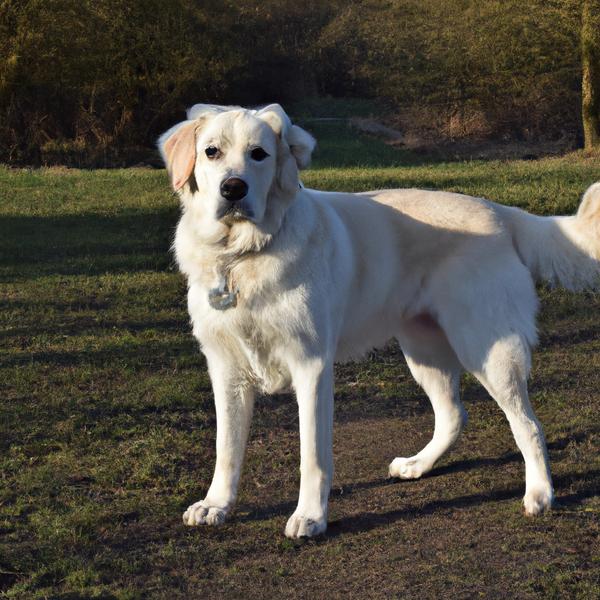Chesapeake Bay Retriever vs. Pyrador: Breed Differences and Similarities
Hypoallergenic
Are Chesapeake Bay Retrievers or Pyradors hypoallergenic, or neither?
Unfortunately, neither Chesapeake Bay Retriever nor Pyrador are hypoallergenic, which may not make them the best choice for dog lovers who suffer from pet allergies.
Temperament
What are the personalities of Chesapeake Bay Retriever and Pyrador dogs?
Happy
Dominant
Protective
Affectionate
Intelligent
Quiet
Playful
Loving
Energetic
Alert
Intelligent
Confident
Friendly
Responsive
Affectionate
Patient
Loyal
Gentle
Going
Social
Strong
Willed
Fearless
Cheerful
Shedding Level
Do Chesapeake Bay Retrievers shed more than Pyradors, or which breed sheds more, Chesapeake Bay Retrievers or Pyradors?
Chesapeake Bay Retrievers are moderate shedders, but regular brushing can reduce shedding and maintain coat health.
Pyradors are heavy shedders, but regular brushing can help manage shedding and promote a healthy coat.
Watchdog Ability
Which dog breed makes a better watchdog, the Chesapeake Bay Retriever or Pyrador?
Chesapeake Bay Retrievers are decent watchdogs - they'll alert their owner if something seems amiss.
Choose a Pyrador if you want a top-notch watchdog. This breed takes guarding seriously, and may not require much training, though obedience or guard dog training can improve their skills.
Ancestry
What are the origins of Chesapeake Bay Retriever and Pyrador breeds?
Newfoundland dog
Great Pyrenees, Labrador Retriever
Breed recognition
Which kennel clubs recognize/register Chesapeake Bay Retriever and Pyrador?
American Canine Registry
American Kennel Club
America's Pet Registry
Canadian Kennel Club
Dog Registry of America Inc.
Federation Cynologique Internationale
Kennel Club of Great Britain
North American Purebred Registry, Inc.
American Canine Association, Inc.
Australian National Kennel Council
Continental Kennel Club
National Kennel Club
New Zealand Kennel Club
United Kennel Club
DRA = Dog Registry of America, Inc.
Date of Birth
When were Chesapeake Bay Retriever and Pyrador breeds first developed?
1800s
Unknown
Eye Color Possibilites
What are the eye colors of Chesapeake Bay Retriever and Pyrador dogs?
Brown
Amber
Hazel
Brown
Nose Color Possibilites
What are the natural nose colors of Chesapeake Bay Retriever and Pyrador?
Brown
Black
Brown
Coat Color Possibilites
What are the natural colors of the coat for Chesapeake Bay Retriever and Pyrador breeds?
Brown
Red
Isabella
White
Cream
Brown
Black
Coat Length
What is the typical coat length for Chesapeake Bay Retriever and Pyrador breeds?
Chesapeake Bay Retrievers have coats that can be either short or medium in length.
Pyradors have medium-length coats.
Coat Density
What is the density of the coat of Chesapeake Bay Retriever and Pyrador?
Coat Texture
What is the hair texture of Chesapeake Bay Retriever and Pyrador?
Wavy
Straight
Litter Size
What is the usual litter size for Chesapeake Bay Retriever and Pyrador?
A Chesapeake Bay Retriever can have a litter of 10-13 puppies on average. However, it's worth noting that the size of the litters can vary greatly. Factors that can influence litter size include the health of the mother, breeding history, and genetics.
A Pyrador can have a litter of 5-10 puppies on average. However, it's worth noting that the size of the litters can vary greatly. Factors that can influence litter size include the health of the mother, breeding history, and genetics.
Adaptability
Chesapeake Bay Retrievers have average adaptability to changes in lifestyle and living environments compared to other breeds.
Pyradors are highly adaptable and versatile, making them excellent companions for families and individuals of all lifestyles.
Health Issues
Between Chesapeake Bay Retriever and Pyrador, which breed is more prone to health problems?
While the Chesapeake Bay Retriever breed is generally healthy, occasional vet check-ups are still necessary to address any health concerns.
Pyradors typically have low vet costs due to their good health, but it's important to monitor their health and seek vet care when necessary.
Major Concerns
What are the major health concerns for Chesapeake Bay Retriever and Pyrador breeds?
Hip Dysplasia
Elbow Dysplasia
Retinal Dysplasia
Hip Dysplasia
Gastric Dilation Volvulus (GDV) or Bloat
Minor Concerns
What minor health issues should be kept in mind when owning Chesapeake Bay Retriever and Pyrador?
Progressive Retinal Atrophy
Cataracts
Entropion
Ectropion
Deafness
Progressive Retinal Atrophy
Portosystemic Shunt
Wobbler's Syndrome
Bleeding Disorder
Tricuspid Valve Dysplasia
Osteochondrodysplasia
Atopy
Occasional Tests
What occasional tests are recommended for Chesapeake Bay Retriever and Pyrador breeds?
Eye
Hip
Blood
Dna For Vwd
Physical Examination
Eye Examination
BAER Testing
Blood And Urine Analysis
Chest X-rays
Myelography (Dye And X-Ray to Assess The Spinal Cord)
Hip and Elbow X-rays
Energy
How do the energy levels of Chesapeake Bay Retrievers and Pyradors compare?
Chesapeake Bay Retrievers thrive on an active lifestyle due to their high-energy nature.
Pyradors are suitable for those with a balanced lifestyle as they have an average energy level.
Social Needs
Chesapeake Bay Retriever vs Pyrador social needs comparison
Chesapeake Bay Retriever has average social needs and is less independent than other breeds.
Pyrador has very high social needs and requires regular mental and physical stimulation, a job or purpose, and companionship.
Exercise Needed
Chesapeake Bay Retriever vs Pyrador exercise need comparison.
Chesapeake Bay Retrievers need high physical activity and are ideal for active individuals, but not suitable for sedentary lifestyles or small apartments.
Pyradors require significant physical activity and suit those with an active lifestyle.
Sleeping Need
Which of the two sleeps the most/least: Chesapeake Bay Retriever or Pyrador?
Chesapeake Bay Retriever and Pyrador are active dogs that may not require as much sleep as other breeds. However, they still need enough sleep to stay healthy.
Tendency to Bark
Do Chesapeake Bay Retrievers or Pyradors bark more/less frequently?
Chesapeake Bay Retriever and Pyradors tend to bark moderately, they bark when necessary, such as to alert their owner or to communicate something. They may also bark due to certain triggers like fear, alarm, boredom, greeting, separation anxiety and compulsive barking.
Mouthiness
Mouthiness Comparison: Chesapeake Bay Retriever vs Pyrador?
Roaming urge
Chesapeake Bay Retriever vs Labrador: Running away tendency?
Prey Drive
Chesapeake Bay Retriever or Pyrador - which breed has a higher level of prey drive?
Past times
What are some enjoyable activities and ways to keep Chesapeake Bay Retriever and Pyrador entertained?
Walk, Run, Fetch
Fetch, Cuddles, Nap, Grooming, Play keep away, Car ride, Wrestle, Run, Walk, Playdate, Sleeping, Hiking, Shopping, Play, Tug-of-war, Chase, Eating Snacks, Playing fetch, Loves to chase, Loves car rides, Playing catch, Wrestling, Dancing, Road trip, Beach, Swim, Hunt, Nose work, Playing, Snack
Activity Level
Which breed has higher energy, Chesapeake Bay Retrievers or Pyradors?
Chesapeake Bay Retriever and Pyrador are high-energy dogs that require a lot of mental and physical exercise. Without proper stimulation and attention, these breeds can become problematic. If you're considering these breeds, be prepared to invest time and effort in their exercise and training.
Tolerance of being left alone
Walks per Week
How many miles should Chesapeake Bay Retriever or Pyrador walk each week?
There's really no limit to how far you walk your dog as long as they're comfortable. For Chesapeake Bay Retriever, it's at least 14 miles / week. Just remember to build distance and stamina gradually over time.
There's really no limit to how far you walk your dog as long as they're comfortable. For Pyrador, it's at least 15 miles / week. Just remember to build distance and stamina gradually over time.
Activity per Day
Do Chesapeake Bay Retrievers or Pyradors require more exercise?
In general most Chesapeake Bay Retrievers usually need at least 90 minutes of exercise daily. This can be spread across the day and include all sorts of high-energy activities, like walking, running and playing.
In general most Pyradors usually need at least 60 minutes of exercise daily. This can be spread across the day and include all sorts of high-energy activities, like walking, running and playing.
Grooming
Which breed is easier to maintain in terms of grooming, Chesapeake Bay Retrievers or Pyradors?
Chesapeake Bay Retriever and Pyrador are breeds of dogs that are known for their low grooming needs.
Brushing Frequency
What is the recommended brushing frequency for Chesapeake Bay Retriever and Pyrador dogs?
Chesapeake Bay Retriever and Pyrador should be brushed at least once a week. Of course, you can give them more frequent brushes if you find that they are still shedding a lot.
Brushing Tools
What brushing tools are used for Chesapeake Bay Retrievers and Pyradors?
Slicker Brush
Comb
Nail Clipper
Pin Brush
Comb
Deshedder
Nail Clipper
Cups
How much food should be given to Chesapeake Bay Retriever or Pyrador in cups?
For an average 65-80 pound (29 - 36 kg) Chesapeake Bay Retriever feed 2.8 cups daily. But, keep in mind, the amount you feed is going to be dependent on the quality of the food you are feeding.
For an average 80-100 pound (36 - 45 kg) Pyrador feed 3 cups daily. But, keep in mind, the amount you feed is going to be dependent on the quality of the food you are feeding.
Daily Cost
Which breed has a higher daily cost, Chesapeake Bay Retriever or Pyrador?
Chesapeake Bay Retriever and Pyrador have a similar average daily cost of around $2.10 - $2.70.
Monthly Cost
Which breed has a higher monthly cost, Chesapeake Bay Retriever or Pyrador?
When it comes to monthly expenses, both Chesapeake Bay Retriever and Pyrador have a similar average cost, ranging from $55 - $73. This results in an average yearly cost of around $660 - $876.
Intelligence
Comparing Intelligence: Chesapeake Bay Retrievers vs Pyradors
The Chesapeake Bay Retriever and Pyrador breeds are considered very intelligent and easy to train.
Sensitivity Level
How do Chesapeake Bay Retriever and Pyrador compare in sensitivity?
Chesapeake Bay Retrievers have average emotions and adapt well to different situations.
This breed is sensitive to its environment and best suited for patient and understanding families with a consistent routine.
Affection Dependance
Which is the more affectionate dog breed: Chesapeake Bay Retriever vs Pyrador?
Apartment Friendly
Which breed is more apartment-friendly: Chesapeake Bay Retriever or Pyrador?
The Chesapeake Bay Retriever is not suitable for apartments and requires a large yard to thrive. Pent-up energy in small spaces can lead to destructive behavior.
Pyradors can do well in apartments with enough exercise and time outside, but a small yard would be ideal.
Child Friendly
Do Chesapeake Bay Retrievers or Pyradors have a friendlier temperament towards children?
Chesapeake Bay Retrievers are good with kids if socialized and trained from a young age.
Pyradors make excellent family pets for kids due to their gentle, protective nature and calm temperament.
Senior-friendly
Which dog is more suitable as a pet for the elderly - Chesapeake Bay Retriever or Pyrador?
Cat Friendly
Do Chesapeake Bay Retriever or Pyrador breeds have a better compatibility with cats?
Chesapeake Bay Retrievers are average in their friendliness toward cats and tend to do well with them, especially if raised together.
Pyradors are good with cats, but early training is needed to prevent chasing behavior.
Dog Friendly
Which breed is more sociable with other dogs: Chesapeake Bay Retriever or Pyrador?
Chesapeake Bay Retrievers are less friendly towards other dogs, but can improve with socialization.
Pyradors are friendly and active companions, and can be good family pets, though their friendliness towards other dogs may vary.
Pet friendly
How do Chesapeake Bay Retriever or Pyrador dogs interact with other pets?
Stranger Friendly
Which breed is more friendly with strangers: Chesapeake Bay Retriever or Pyrador?
Chesapeake Bay Retrievers are quick to announce strangers and can be standoffish or suspicious.
Pyradors are friendly but may bark at strangers, and training is easy due to their intelligence.
Playfulness
Which breed is more playful between Chesapeake Bay Retriever and Pyrador?
Chesapeake Bay Retriever and Pyrador are playful dogs. So, no matter how busy the day may get, the best thing you can do for Chesapeake Bay Retriever and Pyrador is to make time each day to play. It can be as little as 15-20 minutes, and it will mean the world to them.
Trainability
How do the trainability levels of Chesapeake Bay Retrievers and Pyradors compare?
Chesapeake Bay Retrievers are usually easy to train but require consistency to fully obey commands.
The Pyrador is highly intelligent and eager to please, making it a great choice for both novice and experienced dog owners due to its easy trainability.
Compare Chesapeake Bay Retriever with other breeds

Greyhound
Chesapeake Bay Retriever vs Greyhound
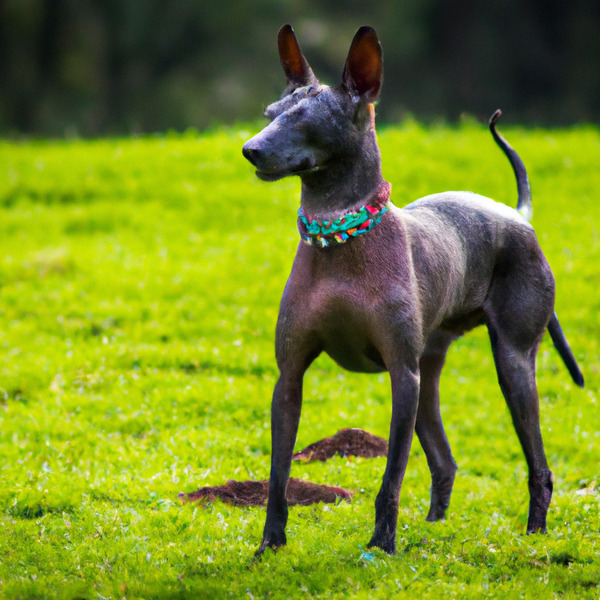
Xoloitzcuintle
Chesapeake Bay Retriever vs Xoloitzcuintle

Irish Mastiff
Chesapeake Bay Retriever vs Irish Mastiff
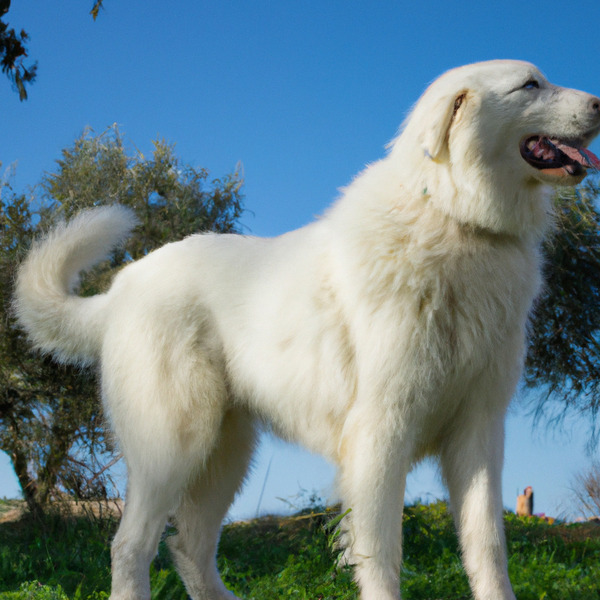
Maremma Sheepdog
Chesapeake Bay Retriever vs Maremma Sheepdog
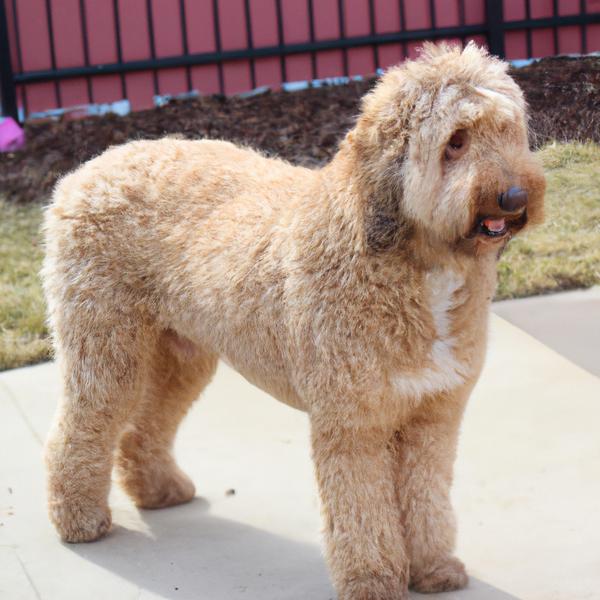
Sheltidoodle
Chesapeake Bay Retriever vs Sheltidoodle
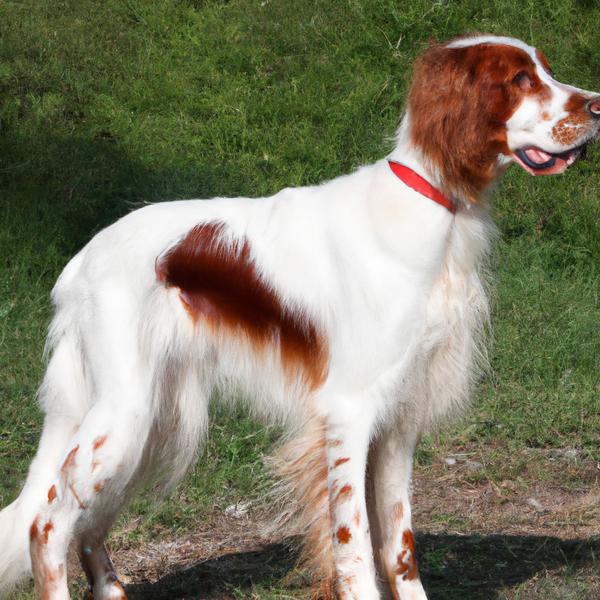
Irish Red and White Setter
Chesapeake Bay Retriever vs Irish Red and White Setter

Chin Crested
Chesapeake Bay Retriever vs Chin Crested

Dusky
Chesapeake Bay Retriever vs Dusky
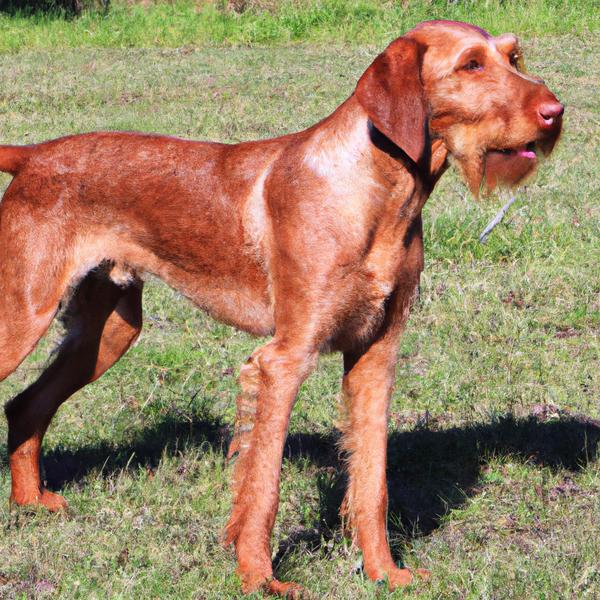
Wirehaired Vizsla
Chesapeake Bay Retriever vs Wirehaired Vizsla

Siberian Husky
Chesapeake Bay Retriever vs Siberian Husky
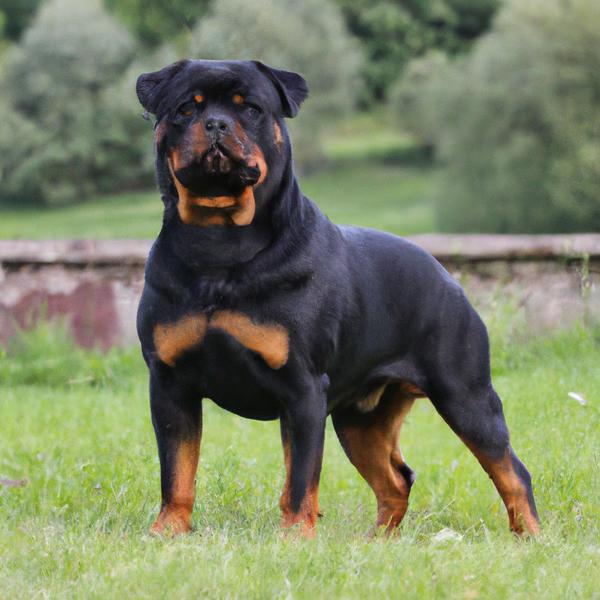
Rott Pei
Chesapeake Bay Retriever vs Rott Pei

Shelestie
Chesapeake Bay Retriever vs Shelestie

